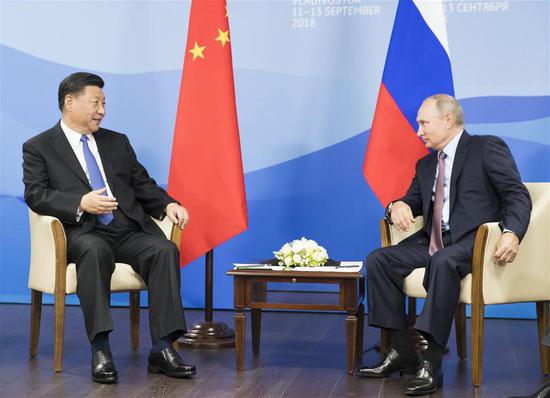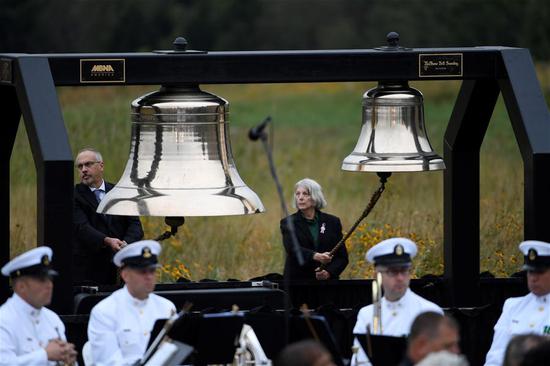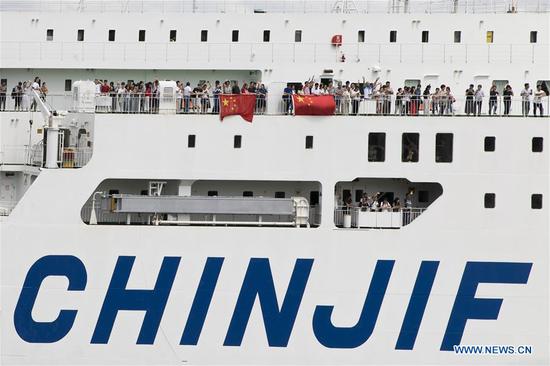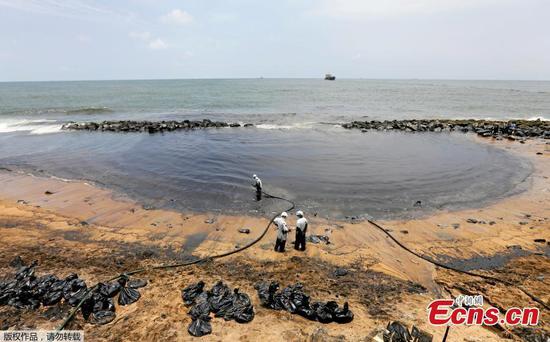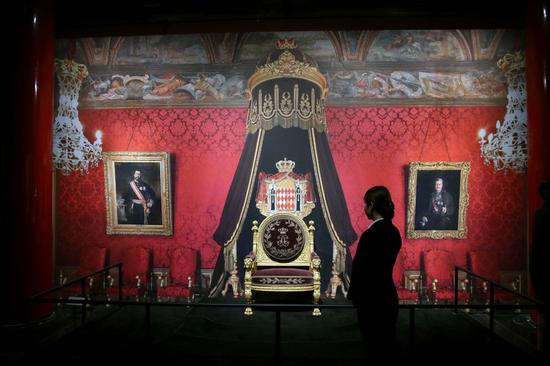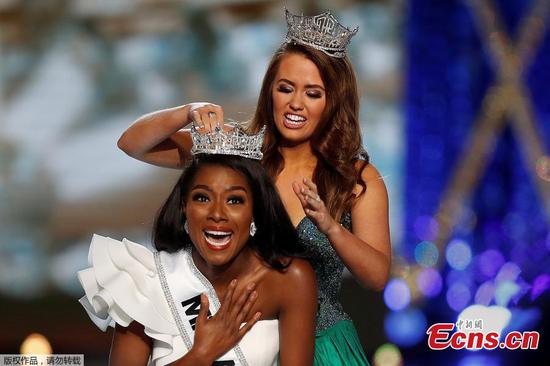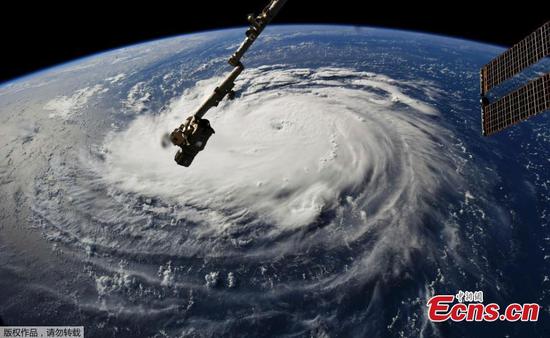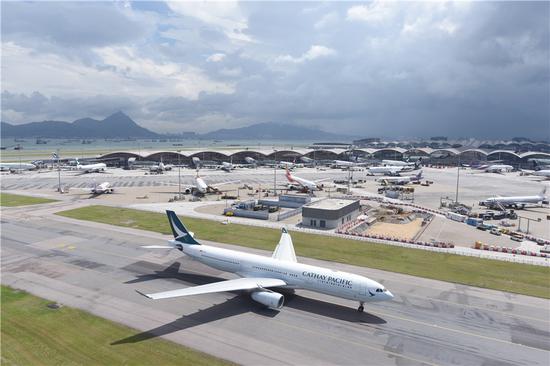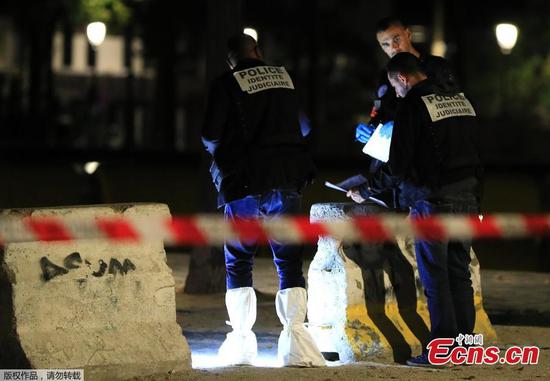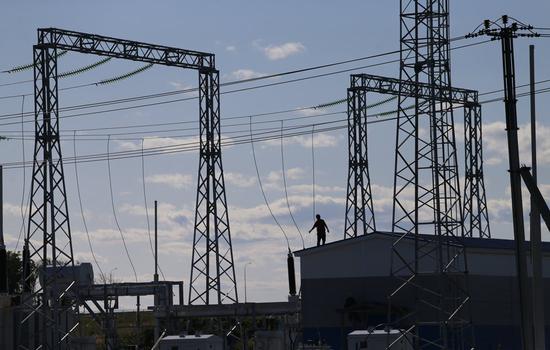The European Union's chief negotiator Michel Barnier has given one of his most positive assessments yet of the British government's attempts to extricate itself from the union, known as Brexit, saying a deal could be achieved within six to eight weeks if both sides are "realistic".
Monday marked 200 days until the United Kingdom is due to leave the EU, on March 29 2019, but more than two years on from the referendum which triggered the decision, Prime Minister Theresa May's government is no closer to agreeing a clear withdrawal strategy, and there are increasingly public divisions over what its next course of action should be.
May came up with her own proposal recently, known as the Chequers plan, but there were reports from Europe last week that Barnier had described it as "dead" – something he now denies.
"I never said that, I don't think that. It is not my feeling," he said, instead calling it "very important". "It is useful because it clearly defines what the wishes are for the UK for future relations," he added.
Barnier said there were "many, many points of convergence", especially on topics such as security and defense, raising hopes of a possible deal, but insisted attempts to secure preferential terms for future trade relations ran contrary to the EU's core principles.
"It is not possible to get freedom for goods without freedom for services, in particular for the movement of people," he said.
The BBC said there have even been unconfirmed reports a special EU leaders' summit could be called in November to sign off an agreement, and the BBC's Europe editor Katya Adler suggested Barnier's change of tone might be down to wanting to "throw (May) as much of a lifeline as possible" in response to a growing challenge from Eurosceptics within her own government.
A hardline Brexit group within May's Conservative Party, the European Research Group, is threatening to rebel against any attempt to get parliamentary approval for May's Chequers plan, with former Brexit minister Steve Baker warning of a "catastrophic split" and claiming as many as 80 Conservatives could vote against it.
Earlier in the summer, then Brexit secretary David Davis and then foreign secretary Boris Johnson resigned from the Cabinet in protest at the Chequers proposal, and have continued to be vocal critics of her handling of the issue.
But May's office remains defiant, saying the plan is "the only one on the table" able to deliver what the public voted for and avoiding the huge problem of a hard border between Northern Ireland, part of the United Kingdom, and the Republic of Ireland, which will remain a member of the EU.









